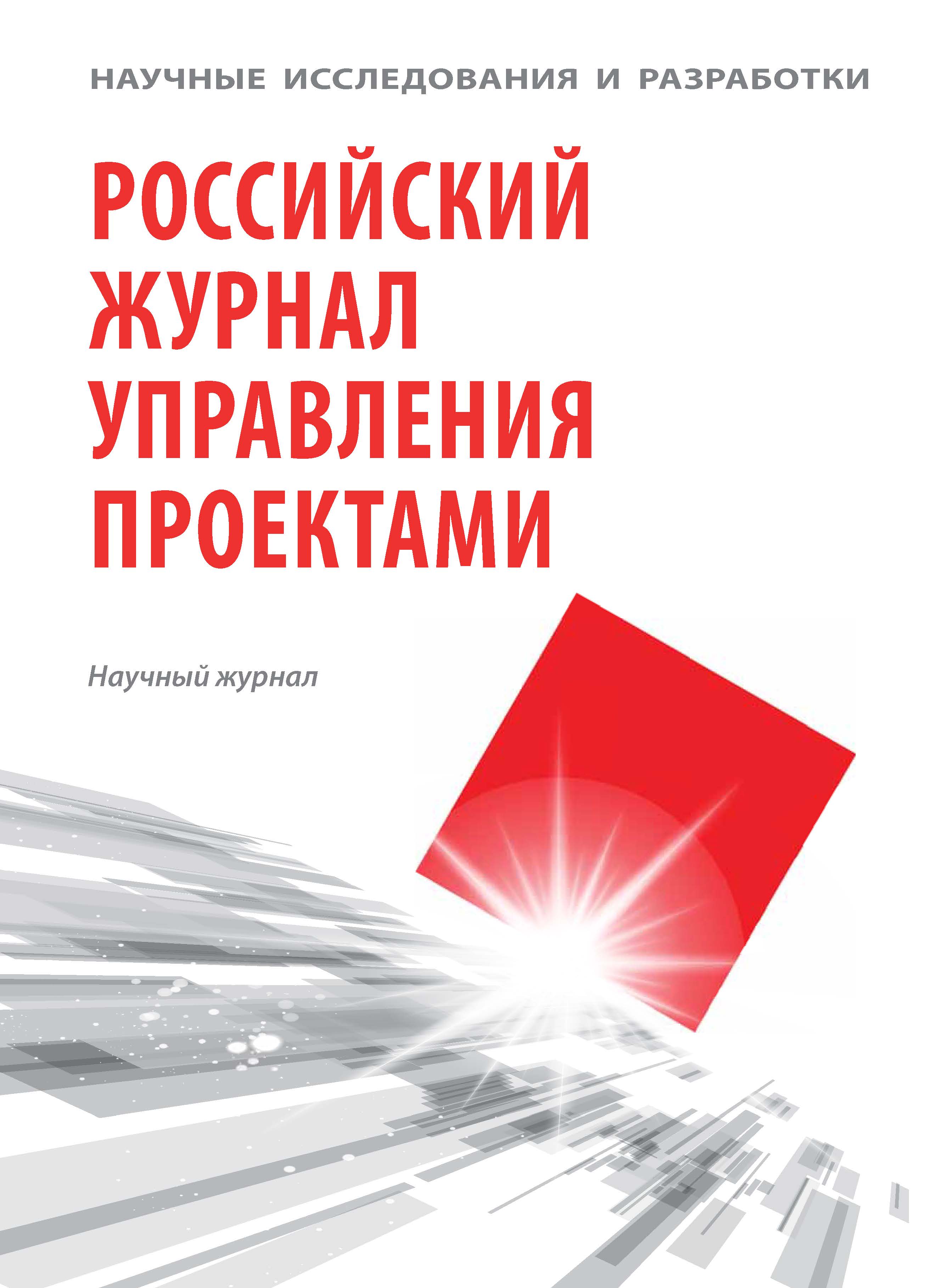Moscow, Russian Federation
This paper explores the potential for collaboration between China and Russia in the field of alternative medicine. Drawing on recent high-impact publications, we highlight the growing global interest in integrative approaches to health and the unique strengths of traditional Chinese and Russian medicine. Through a comprehensive review of literature, analysis of key terminology, and identification of research gaps, we argue for the timeliness and significance of Sino-Russian partnerships in this domain. Our methodology combines conceptual analysis, comparative case studies, and expert interviews to provide a rigorous and multifaceted perspective. The results reveal several promising areas for joint projects, including clinical research, practitioner training, and policy development. We discuss the theoretical and practical implications of these findings and outline a roadmap for future research and collaboration. This paper contributes to advancing the frontiers of alternative medicine and fostering international cooperation in healthcare innovation.
alternative medicine, China-Russia collaboration, integrative health, traditional medicine, international partnerships
1. Chen L., Zhang Y., Yang G., Liu J. (2019). International collaborations on traditional Chinese medicine: A scientometric analysis of articles indexed in PubMed, 2000-2018. Journal of Alternative and Complementary Medicine, 25(8), 785–792.
2. Ivanova O., Sokolov D. (2020). Sino-Russian cooperation in alternative medicine: History, current status, and future prospects. European Journal of Integrative Medicine, 35, 101089.
3. Jiang M., Zhang C., Cao H., Chan K., Lu A. (2021). The role of Chinese medicine in the treatment of COVID-19. American Journal of Chinese Medicine, 49(1), 1–15.
4. Korolev A.A., Zhao Z. (2018). Traditional Chinese medicine in Russia: History, current status and future. Journal of Traditional Chinese Medical Sciences, 5(1), 2–9.
5. Liu X., Zhang M., He L., Li Y.P., Kang Y.K. (2019). Chinese herbal medicines for insomnia. Cochrane Database of Systematic Reviews, (9).
6. Maizes V., Horwitz R., Lebensohn P., McClafferty H., Dalen J., Weil A. (2015). Integrative medicine in residency: Feasibility and effectiveness of an online program. Family Medicine, 47(4), 314–321.
7. Patwardhan B., Partwardhan A. (2017). Traditional medicine:Modern approach for affordable global health. World Health Organization.
8. Shikov A.N., Pozharitskaya O.N., Makarov V.G., Makarova M.N. (2020). Anti-inflammatory effect of Panax ginseng leaves: Chemical profiling and quantitative analysis of ginsenosides by HPLC-DAD-ESI-TQ-MS/MS. Phytochemistry, 169, 112184.
9. Shikov A.N., Narkevich I.A., Flisyuk E.V., Luzhanin V.G., Pozharitskaya O.N. (2021). Medicinal plants from the 14th edition of the Russian Pharmacopoeia, recent updates and potential for further research. Journal of Ethnopharmacology, 268, 113685. DOI: https://doi.org/10.1016/j.jep.2020.113685; EDN: https://elibrary.ru/YRTDIB
10. Simpkin V.L., Loudon K., Mossialos E. (2020). Comparative effectiveness of traditional Chinese medicine (TCM) and. conventional medicine (COM) for the treatment of influenza: A systematic review and meta-analysis. Journal of Clinical Medicine, 9(11), 3437.
11. Smirnova O.V., Ivanov V.V., Shikov A.N. (2018). Mechanisms of action of phytopreparations and their active substances used in the treatment of cardiovascular diseases. Phytotherapy Research, 32(8), 1423–1441.
12. Spiegel B.M.R., Younossi Z.M., Hays R.D., Revicki D., Robbins S., Kanwal F. (2015). Impact of hepatitis C on health related quality of life: A systematic review and quantitative assessment. Hepatology, 61(4), 1407–1419.
13. Tao W.W., Jiang H., Tao X.M., Jiang P., Sha L.Y., Sun X.C. (2016). Effects of acupuncture, Tuina, Tai Chi, Qigong, and traditional Chinese medicine five-element music therapy on symptom management and quality of life for cancer patients: A meta-analysis. Journal of Pain and Symptom Management, 51(4), 728–747.
14. Wang Y.Y., Li X.X., Liu J.P., Luo H., Ma L.X., Alraek T. (2014). Traditional Chinese medicine for chronic fatigue syndrome: A systematic review of randomized clinical trials. Complementary Therapies in Medicine, 22(4), 826–833.
15. Xu J., Yang Y. (2009). Traditional Chinese medicine in the Chinese health care system. Health Policy, 90(2-3), 133–139.
16. Zhang C., Jiang M., Lu A.P. (2011). Evidence-based Chinese medicine for rheumatoid arthritis. Journal of Traditional Chinese Medicine, 31(2), 152–157.
17. Zhang X., Tian R., Zhao C., Birch S., Lee J.A., Kim K.H., Alraek T., Bian Z.X., Lee M.S., Robinson N. (2022). The use of moxibustion in healthcare: A bibliometric analysis of clinical trials. BMC Complementary Medicine and Therapies, 22(1), 1–12. DOI: https://doi.org/10.1186/s12906-022-03664-4; EDN: https://elibrary.ru/CMHJHY
18. Zhao X., Chen M., Liang Z., Zhang Y., Wang L., Sun Y. (2020). Comparative effectiveness of Chinese herbal injections for treating acute cerebral infarction: A systematic review and Bayesian network meta-analysis of randomized controlled trials. BMC Complementary Medicine and Therapies, 20, Article number: 10.






